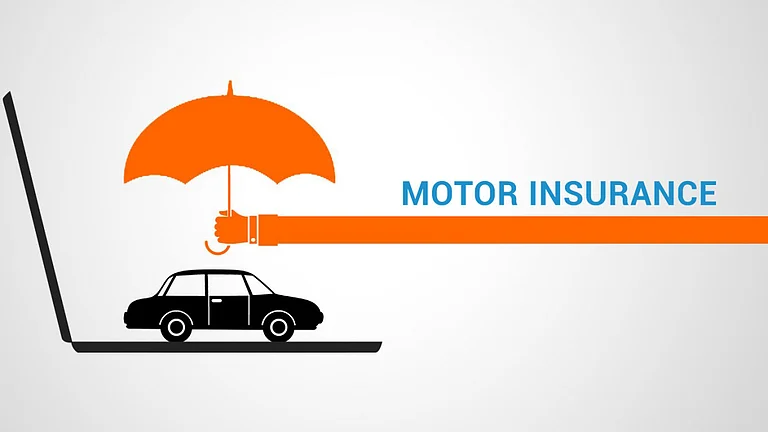The most common complaint is falling mileage. Some drivers have reported drops as steep as 5–6 per cent, well above what the government has acknowledged. The Ministry of Petroleum and Natural Gas maintains that the dip is limited to 1–2 per cent in new vehicles and about 6 per cent in older ones, which it says can be managed through regular servicing.
Engine Worries, Mileage Complaints Rise As India Pushes E20 Petrol; Govt Defends Move
Owners of vehicles made before 2023, which include a significant share of India’s cars and two-wheelers, fear their vehicles are not designed for E20 petrol. The major concerns regarding blending of ethanol into petrol is more wear and tear of the engine and decreased fuel efficiency
India’s decision to accelerate its ethanol blending programme has stirred a sharp debate between vehicle owners, consumers, car experts and the government. Last month, the country reached its target of blending 20 per cent ethanol into petrol, known as E20, five years ahead of schedule. While officials have hailed it as a major step towards cutting crude oil imports and lowering carbon emissions, many vehicle owners say they are paying the price in the form of lower mileage and potential engine damage to their vehicles.
The concerns related to this issue gathered steam following an article published by Context (a platform powered by the Thomson Reuters Foundation) wherein auto reviewer Amit Khare said that ethanol was “a dry and corrosive fuel” which could harm vehicle components.
His video on the subject drew thousands of worried comments from motorists, many of whom claimed they were not properly informed about what went into their tanks. Punjab-based reviewer Sunderdeep Singh also said consumers should have the choice to buy different blends, with pumps clearly marking them for easy identification and choice.
The most common complaint is regarding the falling mileage of vehicles. Some drivers have reported drops as steep as 5-6 per cent, well above what the government has acknowledged.
The Ministry of Petroleum and Natural Gas, however, maintains that the dip is limited to 1-2 per cent in new vehicles and about 6 per cent in older ones, which it says can be managed through regular servicing.
But the unease runs deeper, as owners of vehicles made before 2023, which include a significant share of India’s cars and two-wheelers, fear their vehicles are not designed for E20. Even leading manufacturers like Hero MotoCorp and TVS have issued advisories noting that older models may require modifications. Shell India has gone further, cautioning that warranty coverage could be affected.
Government Defends Its Stance
Government officials have mounted a detailed defence. In a statement issued on August 4, 2025, the Ministry of Petroleum and Natural Gas said the criticism “lacked technical foundation” and argued that the benefits far outweigh the drawbacks.
They pointed out that ethanol has a higher octane rating than petrol, improving acceleration and engine performance, while reducing carbon emissions by nearly 30 per cent compared to E10 fuel.
Data from the ministry shows the blending programme saved India over Rs 1.44 lakh crore in foreign exchange and avoided 73.60 million metric tonnes of CO2 emissions between 2014 and mid-2025, an environmental gain equivalent to planting 300 million trees.
At the same time, officials highlight the impact the programme will have on the rural economy: farmers supplying sugarcane and maize will earn more, arrears have been cleared, and ethanol payments worth around Rs 40,000 crore are expected to flow to them this year alone.
The ministry has further ‘dismissed’ claims that insurance policies would not cover damages linked to ethanol-blended petrol, calling such fears “baseless.” It said that concerns about vehicle compatibility were anticipated as early as 2020, and that automakers had been given years to adapt. Some manufacturers, it said, have been producing E20-compatible models since 2009.
Still, many vehicle owners remain unconvinced as the immediate issue for many is not global climate goals or foreign exchange savings, but the hit to their wallets at the fuel pump and service centres.
Bengaluru-based car owner Antony Mathew told Context, “It is unfair of the government to push us to use higher ethanol blends when our cars are not ready. The least it can do is ensure compatible fuel is available in the market.”
For now, the government has committed to E20 until October 2026. Any decision to move beyond that will be taken after further studies and consultations with automakers, oil companies, and farmer groups. But with consumers already airing grievances, manufacturers urging caution, and vehicle owners citing possible damages, the road ahead may not be as smooth as officials expect.


